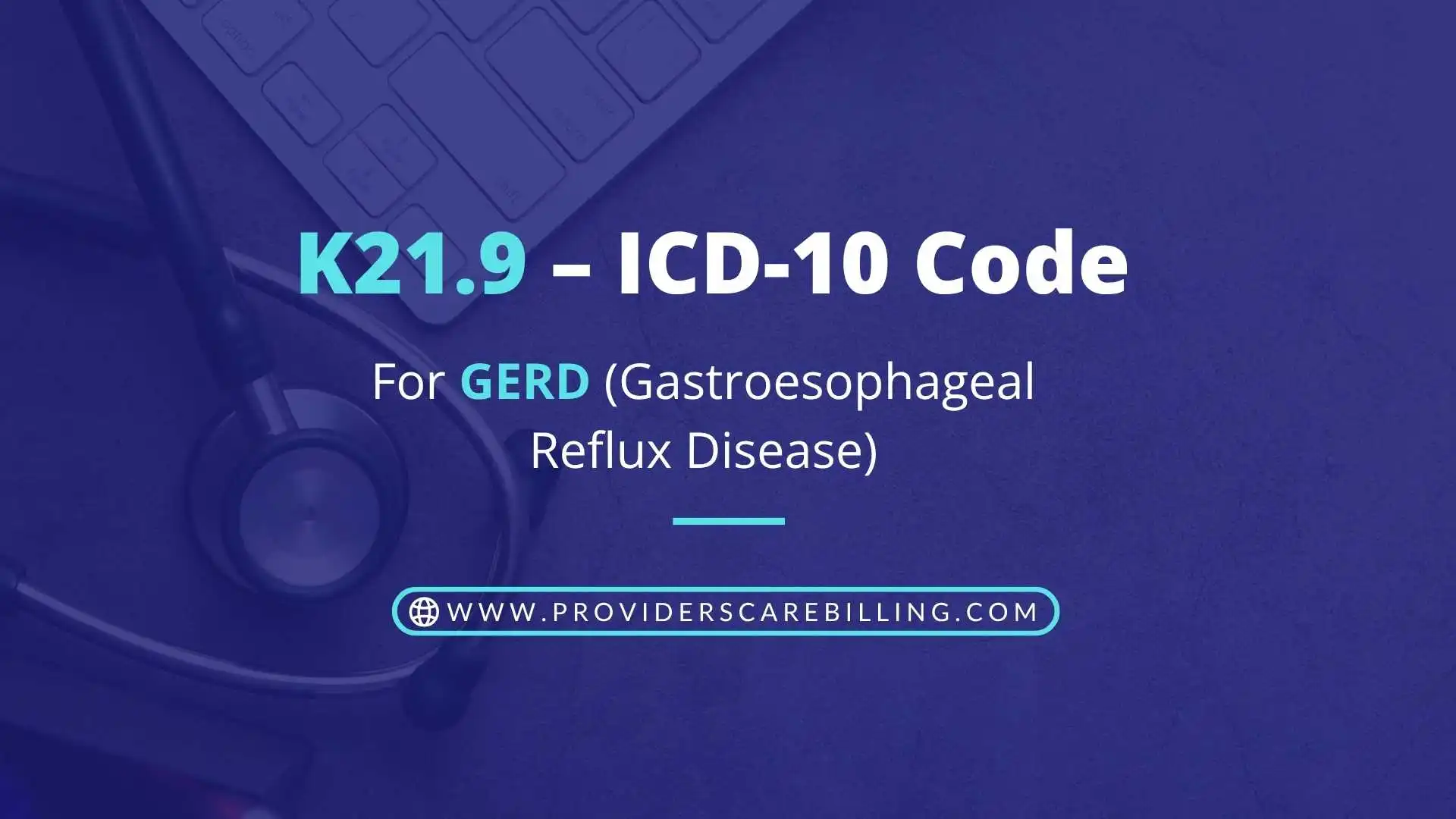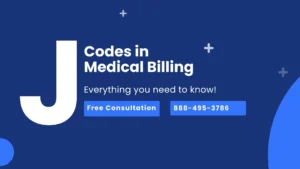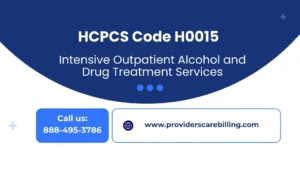Have you ever felt a burning sensation in your chest after eating something spicy?
If yes, you’re definitely not a single person. There are a lot of people who deal with acid reflux, which is also known as GERD. And it stands for Gastroesophageal Reflux Disease. And the best part about medical coding is that doctors use specific codes for diseases instead of their names. The same goes for GERD, which uses the K21.9 code.
But no need to stress! This blog is here to make things simple. We’ll explain what the K21.9 code means, how it’s linked to GERD, and why it matters.
Why Does the Code Matter?
You might be thinking about: “Why should I care about a code?” Here’s why:
- Insurance Billing: Insurance companies use these codes to select what they’ll cover and pay for. Without the exact code, your therapy may not be sheltered.
- Medical Records: Doctors and hospitals apply codes such as K21.9 to follow your health history.
- Communication: It allows the use of a similar language for every healthcare worker.
This small code is more important than you may think.
What Are the Common Symptoms of GERD Without Esophagitis?
In fact, without inflammation, GERD can cause a lot of painful symptoms. Here’s what people even feel:
- Constant heartburn (a burning sensation in the chest)
- Acidic taste in the oral cavity
- Difficult swallowing
- Feel like food is stuck in the throat
- Severe sore throat or hoarseness
- And the last one, dry cough.
After there’s no visible damage to the esophagus in K21.9, the symptoms may not look severe outside, but they still require awareness.
Related ICD-10 Codes You Should Know!
There are a limited connected codes that even show up alongside K21.9. Let’s explore it:
- ICD 10 for heartburn: This is normally coded under R12. It’s used when heartburn is the only problem, not full GERD.
- ICD 10 code acid reflux: Acid reflux and GERD are frequently treated as the same, so this also uses K21.9 unless there’s harm.
- Gastroesophageal reflux disease ICD: This term relates to both K21.0 (with esophagitis) and K21.9 (without esophagitis).
- GERD without esophagitis ICD 10: Again, this is K21.9.
- ICD 10 code for GERD unspecified: This is K21.9 as fine, particularly if a doctor hasn’t confirmed esophagitis.
- Esophageal Reflux ICD-10: This is an additional way to say GERD, and K21.9 covers it if no harm is found.
- Pantoprazole ICD 10: There isn’t a direct code for this medicine, but pantoprazole is typically prescribed for GERD. If you’re on this medication, the doctor may enter K21.9 as the reason.
Other Conditions Often Seen With GERD
Now, GERD can exist alongside other situations. Here I’m going to discuss a few cases with their ICD-10 codes:
- First one, ICD 10 diarrhea: This condition is normally coded under R19.7 or K59.1, depending on the reason.
- The second case is ICD 10 hypothyroidism: It is often connected with slowed digestion, which can worsen GERD. It’s coded as E03.9 (unspecified hypothyroidism).
How GERD Is Diagnosed?
Doctors don’t just assume. To identify gastroesophageal reflux disease ICD, they often:
- Ask about your symptoms
- Examine your medical history
- Seek a treatment like pantoprazole and see if symptoms increase
- Order tests like an upper endoscopy (particularly if symptoms are serious or ongoing)
If your esophagus looks well, but you still have frequent acid reflux, they’ll likely use K21.9 as the diagnosis.
Patients with GERD may also present with elevated liver enzymes—learn how to bill for this using ICD-10 Code R74.01.
Treatment Options for K21.9 (GERD Without Esophagitis)
The positive news is that GERD without esophagitis is usually easier to handle than the more serious type. Here’s what often helps:
1- Lifestyle Changes:
- A person should eat fewer meals.
- Prevent spicy or fatty foods.
- Remain upright after eating.
- And raise the head of your bed while sleeping.
2- Medications:
- The first medication is Pantoprazole or other proton pump inhibitors (PPIs)
- Antacids for swift relief
- H2 blockers like ranitidine (although some have been recalled)
3- Avoiding Triggers:
- There are foods that you need to avoid, and they include Coffee, alcohol, chocolate, citrus fruits, and smoking, which can all make GERD worse.
4- Weight management:
- Weight management is essential because even a small amount of weight loss can decrease pressure on the stomach.
In many instances, these steps lessen symptoms enough that patients feel quite better.
When to Call the Doctor?
Often, without esophagitis, GERD can become severe if neglected. You should consult to a doctor if:
- You have heartburn more than twice a week
- Your symptoms don’t increase with over-the-counter meds
- You have difficulty swallowing
- You lose weight without trying
- Your voice gets gruff, or you cough often
Final Thoughts
In summary, considering the K21.9 diagnosis code description assists both patients and caregivers in staying on top of GERD without esophagitis. This simple code shows a usual yet very manageable situation. A great deal of people can decrease or even eliminate their symptoms with the proper combination of daily care and treatment.
Even if you’re reading this for yourself, a loved one, or just out of concern, knowing the fundamentals about GERD ICD 10, its symptoms, and treatment can make a major difference. Recall, grabbing it early and treating it the right way can help you prevent greater issues down the road.
So, if you see this K21.9 code on a medical paper next time, you’ll instantly understand that what it denotes and why it matters.





